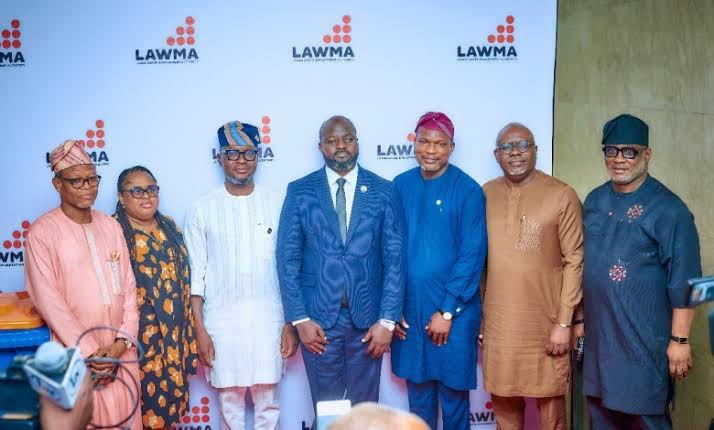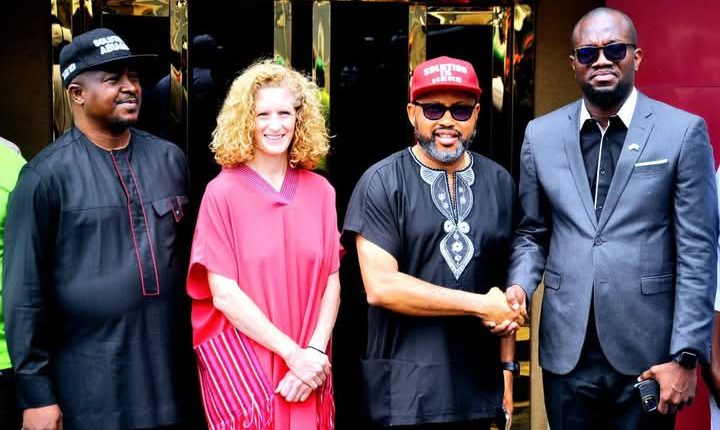The Association of Waste Managers of Nigeria, AWAMN, has said that unlocking Nigeria’s green potentials in the waste value chain would require an all encompassing government policy from bottom to the top.
The National President, AWAMN, Mr. Olugbenga Adebola said this in an interview on the sidelines of the Lagos Waste Forum in Lagos.
Adebola said that the critical stakeholders in the industry need to gather together to sit down in a round table to discuss what is workable in driving the waste management industry forward.
He said there was more than enough expertise in the industry, but asked how much of them were being put to use.
According to the National President, “Government must make a provision for adequate funding. We are not saying that government should provide grants, even if that is possible, but loan facility at single digit interest, which I call government specific funding options. Not the type of the commercial interest we get in the bank and they give you for just two years. ”
He noted that the waste management industry was highly capital intensive by nature. “Talk about the trucks, the equipment for collection; these are running into several millions of dollars.”It is not the type of funding you get today and in the next three months someone is running after you.”
He called for a long term investment and an the provision of an enabling environment so that when funds are invested, the returns on the investment will be received,
The president said that the government should ensure that the policy that supports efficient and effective waste collection is enthroned.
Adebola advocated for a deliberate policy that ensures that every waste that is generated is sorted at source.
“There is no waste. waste is not a waste except you waste it. but what we do here is to ensure that the wastes are not comingled, when you comingle wastes you don’t get the best materials for recycling. And when you don’t get the best materials for recycling you cannot be talking about circular economy. And government must also give incentives,”.
He argued that the practice of circular economy goes beyond waste management to include retrofitting the equipment; the current equipment that is being used.
Adebola said that the industrialists also need to be supported to change into the use of equipment that would support circularity, sustainable living and sustainable development.
The Need for Collaboration, Cooperation and Partnership
The president also advocated collaboration, cooperation and partnership between the government, the industry and the gown.
“Talking about the universities, we must begin to marry the town and the gown. There are so many researches that are sitting down there at the citadel of the universities. We need to begin to implement them.”
“We can begin to develop even the smallest of the equipment that would convert our wastes into valuable. You need to see what the Asian tigers are bringing to Africa, and they try to displace our own people who are into local manufacturing of these materials.” He said
Adebola said that government must protect the livelihoods, the small investments of Nigerians so that the SMEs who are the engine room of our economy will be supported and protected by the government.


